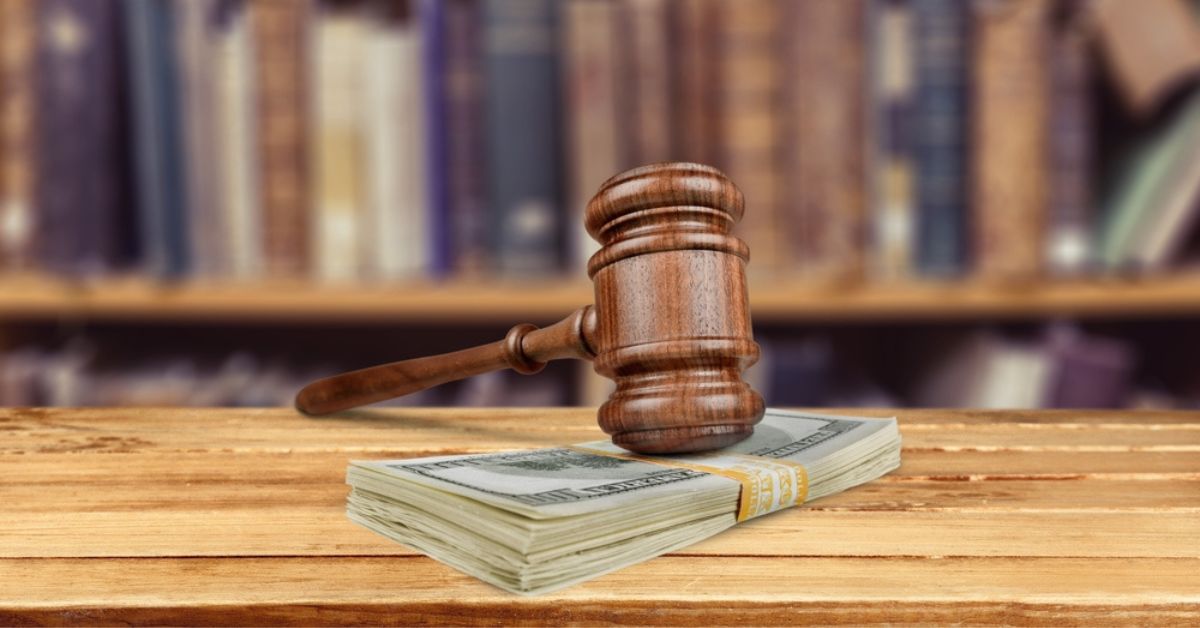In the aftermath of a severe car accident, many victims experience not only physical and emotional trauma, but also a deep sense of injustice—especially when the accident was caused by egregious or reckless behavior. It’s not uncommon for victims to wonder whether the at-fault driver will truly be held accountable, or if the legal consequences will be enough to prevent similar actions in the future. This concern is especially valid in cases involving drunk driving, street racing, or other forms of dangerously negligent behavior.
While most personal injury claims involve compensation for economic damages (such as medical bills, lost wages, and property damage) and non-economic damages (like pain and suffering or emotional distress), there are circumstances where the legal system allows for something more: punitive damages.
What Are Punitive Damages?
Punitive damages are a special category of compensation awarded not to make the victim whole, but to punish the wrongdoer and deter similar misconduct in the future. Unlike standard damages, which are meant to address the victim’s losses, punitive damages are intended to send a message to the at-fault party and to the public: reckless and malicious behavior will not be tolerated.
Punitive damages are not awarded in every car accident case. They are reserved for situations where the defendant’s actions go far beyond simple negligence.
When Are Punitive Damages Awarded?
In order to be eligible for punitive damages, a plaintiff must demonstrate that the defendant acted with:
- Gross negligence, which refers to a blatant disregard for the safety and well-being of others.
- Willful or wanton conduct, meaning the at-fault driver knew their behavior was likely to cause harm but chose to proceed anyway.
- Malice or intent, where the driver intentionally caused harm or acted with extreme recklessness.
For example, a driver who causes a crash while driving under the influence—especially if it’s not their first offense—may be subject to punitive damages due to the conscious choice to endanger others.
How Are Punitive Damages Calculated?
The amount awarded for punitive damages varies from case to case. Courts typically consider several factors, including:
- The severity and dangerousness of the misconduct
- Whether the defendant has a history of similar behavior
- The level of harm caused to the victim
- The defendant’s financial status (as the punishment must be meaningful)
It’s important to understand that while punitive damages can hold the negligent party accountable and potentially result in substantial financial penalties, they do not replace the physical and emotional losses a victim suffers. Instead, they are a legal tool used to underscore the seriousness of particularly reckless behavior.
If you believe your case involves conduct that warrants punitive damages, consulting with an experienced personal injury attorney can help you understand your options and build a compelling claim.
How Punitive Damages Work in Utah
In Utah, the awarding of punitive damages is governed by Utah Code 78B-8-201, which sets a high standard for when these damages may be granted. According to the statute, punitive damages can only be awarded if the court first awards compensatory or general damages—meaning the injured party must have already proven that they suffered harm and are entitled to financial recovery.
In addition, the law requires that punitive damages be supported by clear and convincing evidence showing that the at-fault party (also known as the tortfeasor) engaged in conduct that was:
- Willful and malicious,
- Intentionally fraudulent, or
- Demonstrative of a knowing and reckless indifference to the rights, safety, or well-being of others.
This means that ordinary negligence is not enough to justify punitive damages; the wrongdoer’s actions must be especially egregious or intentional.
Distribution of Punitive Damages in Utah
Utah also has unique rules about how punitive damages are distributed. Specifically:
The first $50,000 in punitive damages is awarded entirely to the injured party.
Any amount awarded above $50,000 is split between the plaintiff and the state of Utah. This reflects a policy aimed at discouraging excessive punitive awards while still ensuring accountability.
This structure underscores the purpose of punitive damages: to punish and deter outrageous misconduct—not simply to compensate the injured party. You can learn more about how these are awarded here.
Have Questions? Call Our Salt Lake City Firm
The team at Steele Adams Hosman is dedicated to pursuing the highest compensation possible in your case. We believe that you have a right to compensation when someone’s negligent actions cause you harm. If you are ready to pursue your car accident claim, call (801) 999-1506 to learn how we can help.




